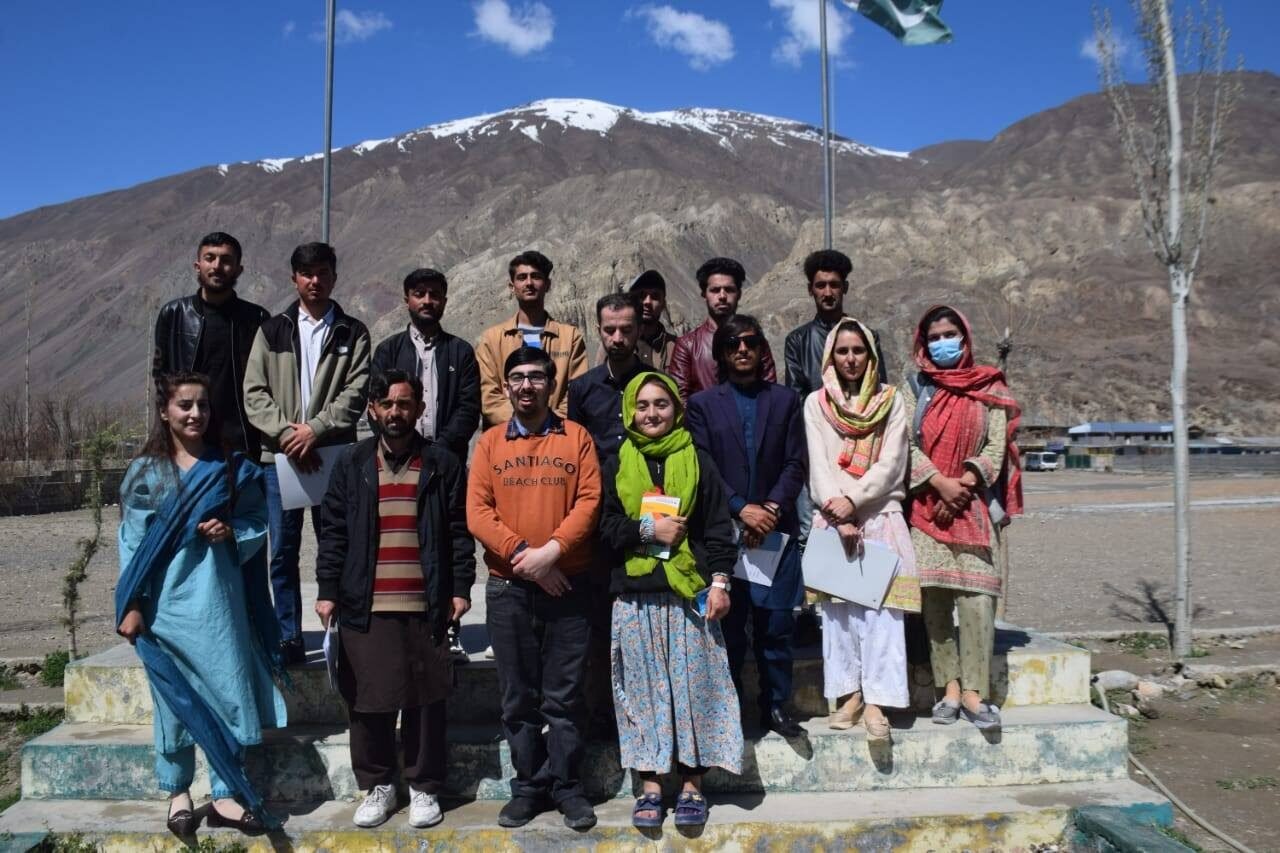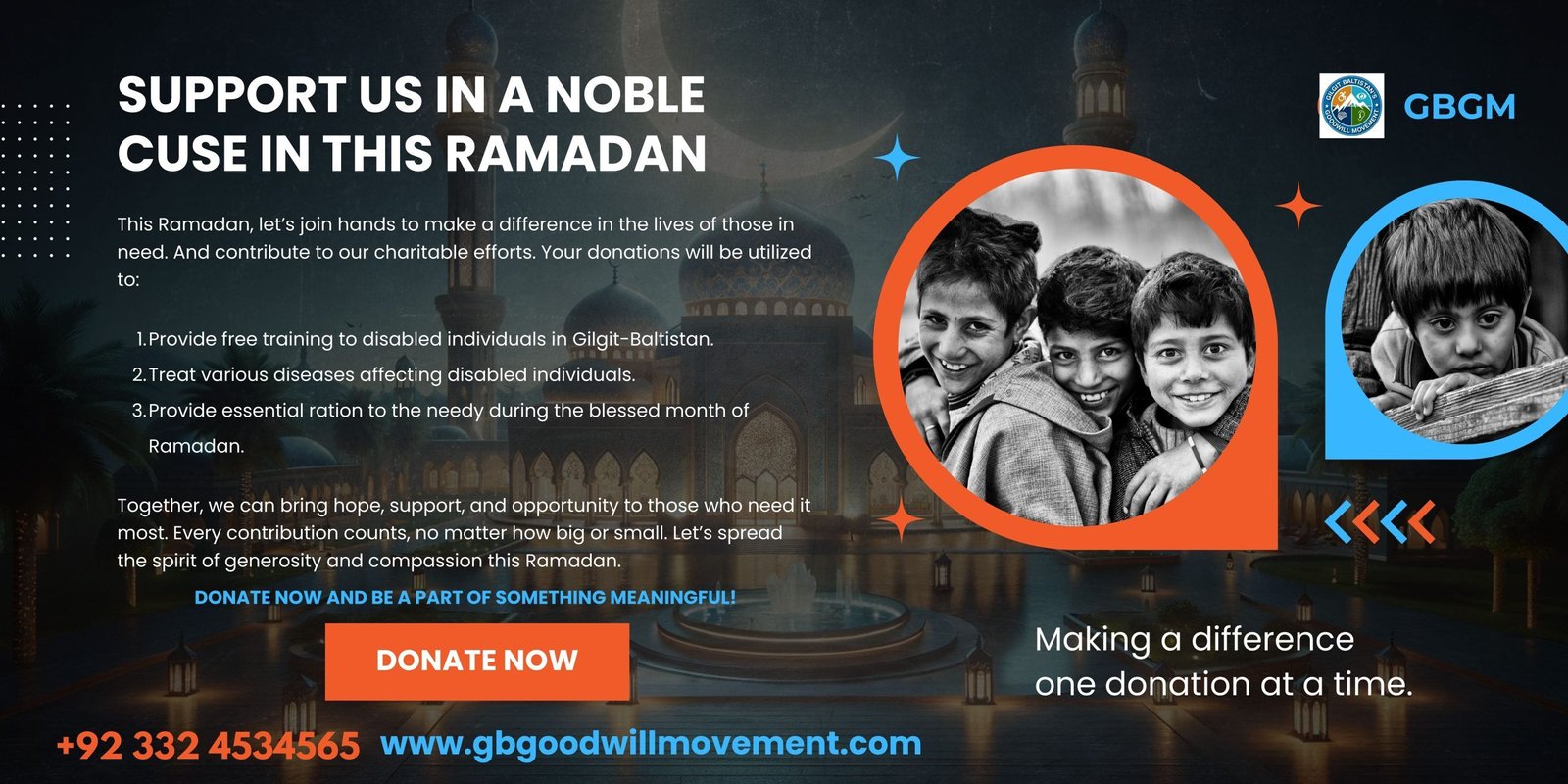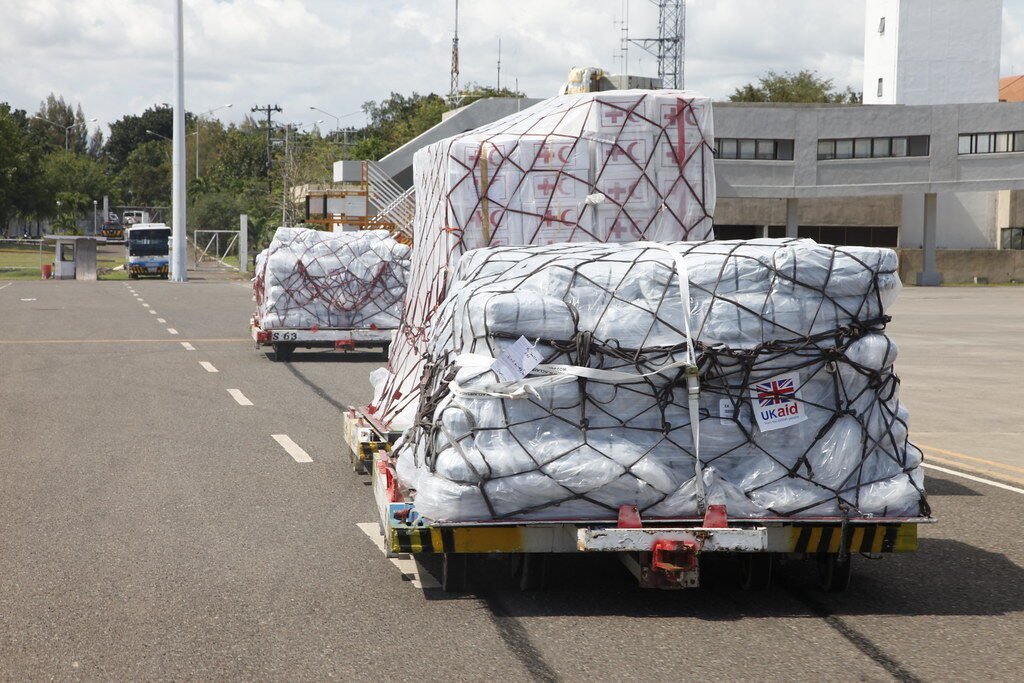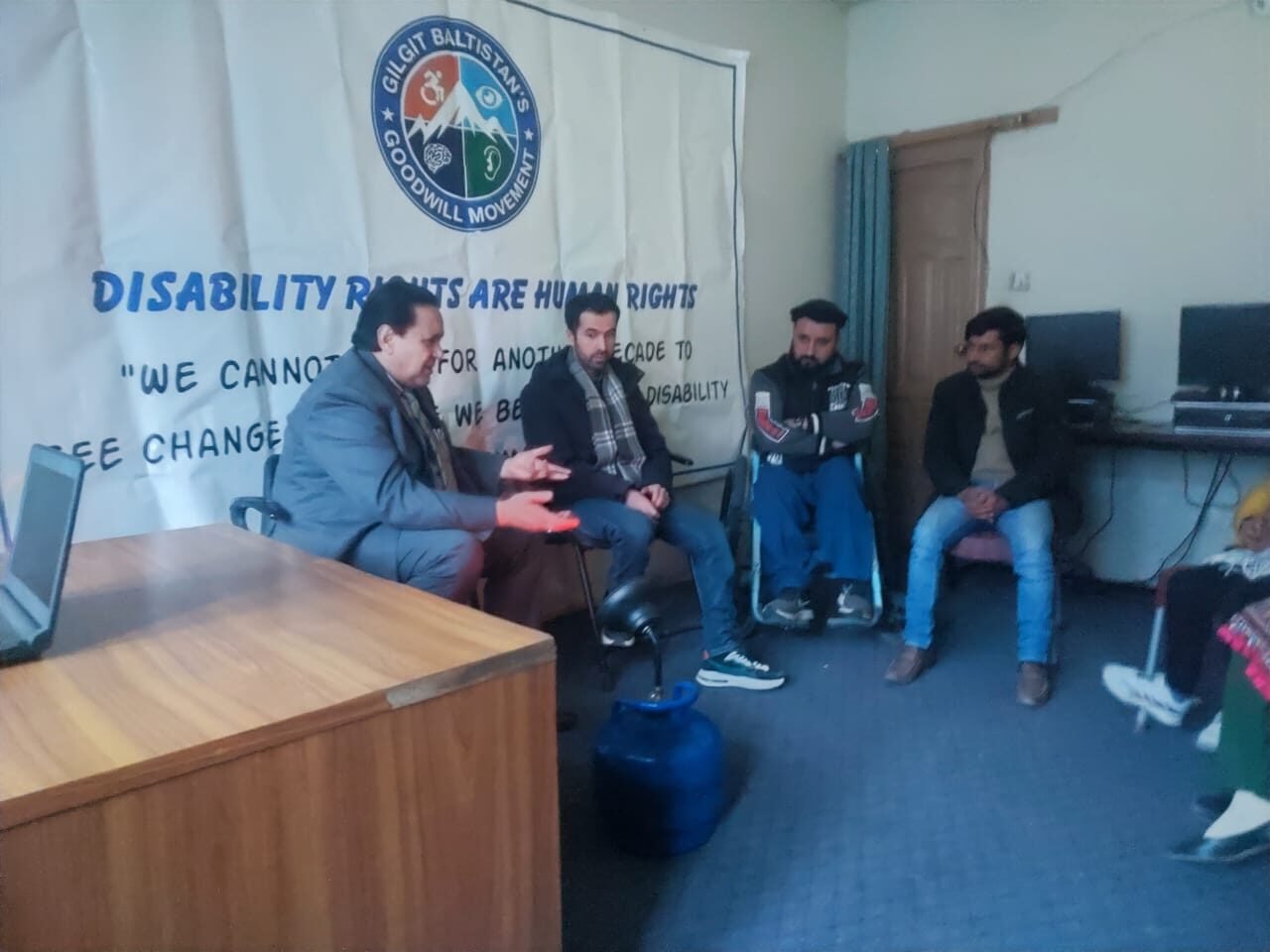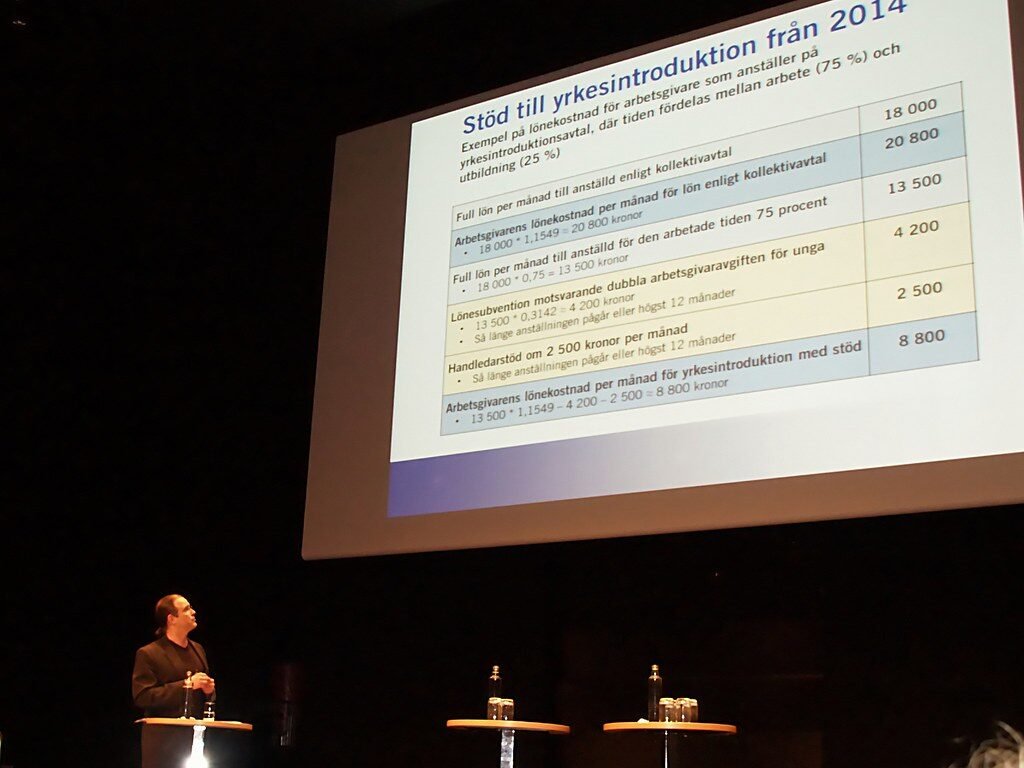Category: how to aware
Outcomes for us?
Intro
The Gilgit-Baltistan Goodwill Movement (GBGM) is more than just a charity — it’s a lifeline. It offers a second chance for persons with disabilities across one of Pakistan’s most remote and underserved regions. Through skills training, employment opportunities, and community inclusion, GBGM helps individuals rediscover purpose, independence, and dignity
Yet, when people visit the website, many leave inspired but not engaged. They see the vision and believe in the work, but they don’t always take the next step to donate or invest.
Why does that happen?
Even the most compassionate visitors often hesitate to act because of a few subtle barriers.
Generic reasons include:
- The message touches the heart, but not the mind.
Visitors may feel emotionally connected but still wonder what exactly their money accomplishes. They want to help but need a clear picture of how their contribution changes a life. - The story feels too broad.
“Giving a second chance” is powerful — but it’s also abstract. Donors respond more when they can visualize real people and measurable outcomes. - The call to action isn’t clear or urgent.
If the website doesn’t guide visitors toward an action (such as Donate Now or Support a Trainee), good intentions often fade. - There’s a trust gap.
Online visitors need reassurance that their contribution will be used transparently and effectively. Without visible proof — impact reports, testimonials, or updates — even well-meaning donors hesitate. - Donating feels like effort.
If the process requires too many steps or isn’t mobile-friendly, people postpone it — and usually never return.
But There’s Something Deeper — Denial
Beyond these surface reasons lies a deeper, more uncomfortable truth: denial.
During my time in Pakistan, I once met a potential donor who walked into our office, eager to contribute — until they met the people our organization serves. They hesitated. Not because they didn’t believe in our mission, but because the individuals in front of them didn’t “fit the norm.”
This moment revealed something profound: society often denies the full humanity, capability, and dignity of persons with disabilities.
We talk about inclusion — but inclusion is often conditional. Many people want to help “the disabled,” but not necessarily see them as equals, colleagues, or leaders. It’s easier to donate from a distance than to confront our own biases face to face.
This isn’t malice; it’s a kind of cultural conditioning. Ableism is real — not only in policies or infrastructure but in perception. It lives quietly in our assumptions about what a person with a disability can achieve.
And yet, in a world where Artificial Intelligence and robotics are advancing faster than ever — technologies built to augment human ability — how can we still deny opportunity to those who already live with human diversity?
If we can imagine robots performing surgeries, driving cars, or teaching classes, then surely we can reimagine a society where persons with disabilities are recognized as innovators, professionals, and equal contributors to progress.
The real challenge, then, isn’t convincing people that our work matters — it’s helping them confront the denial that keeps them from seeing the people we serve as full and capable members of society.
Outcome-Based Empowerment
This is why GBGM focuses on outcome-based projects — programs that don’t just offer charity but create measurable change:
- Skills training that leads directly to employment.
- Micro-grants that help people with disabilities start small businesses.
- Inclusive hiring partnerships with local enterprises.
- Public campaigns that normalise disability as part of human diversity, not an exception to it.
Each of these outcomes is a quiet act of resistance against denial — and a visible step toward inclusion.
“Denial keeps people apart”
Can You See Us? Breaking the Walls of Exclusion in Gilgit-Baltistan
Stop for a moment and picture the mountains here in Gilgit-Baltistan. They are stunning, right? But sometimes, behind that incredible beauty, there is a heavy silence the silence of a community that feels forgotten.
I’m talking about our Persons with Disabilities (PWDs). For them, life is not just about the natural hardship of living in the mountains it’s about a constant, grinding battle against a world that simply was not built for them.
It’s More Than Just a Lack of Ramps. It’s About Dignity.
Imagine trying to live your life when every public space the school, the bank, the clinic is a barrier.
It’s heartbreaking: there are virtually no accessible facilities. No ramps, no suitable bathrooms, and no easy way to get around. This is not just an inconvenience it’s an invisible wall that shouts, “You don’t belong here.” Our friends and neighbors are not disabled by their conditions they are disabled by our society.
And the struggle does not end there:
- No Education, No Future: Many kids can not get an education because local schools are not set up to help them. Without skills, without a degree, they have no hope of a job. They are trapped, and their entire family suffers with them.
- Laws That Don’t Matter: We have laws on the books that promise rights, jobs, and protection, but they are empty words. They are not enforced, and so the people who need them most are left vulnerable, with nowhere to turn.
The Gilgit-Baltistan’s Goodwill Movement: We Won’t Let Them Be Forgotten
That’s why the Gilgit-Baltistan’s Goodwill Movement (GBGM) exists. We are led by people who have lived this struggle, and our mission is simple: We want to make sure every single person here is treated with dignity, has equal opportunity, and can live a full life.
We are not just giving out charity we are investing in human potential.
- Real Skills, Real Jobs: We provide free training teaching digital skills, crafts, and trades. We are turning helplessness into hope, and dependency into self-respect.
- Essential Lifelines: We pay for the things that are too expensive for families to afford: crucial medicines, healthcare support, and devices like wheelchairs, white canes and hearing aids that are literally life changing.
- Our Voice, Their Rights: We are constantly fighting and advocating. We stand up to authorities, demanding that the laws meant to protect PWDs are finally put into action.
This Is Where You Come In. This Is Your Chance to Help.
When you support GBGM, you are not just clicking a “donate” button. You are personally lifting the weight off someone’s shoulders.
You are giving a student a chance to learn. You are giving an artist a way to earn a living. You are giving a family the comfort of knowing their loved one will get the medicine they need.
We can not change the whole world overnight, but together, right here in Gilgit-Baltistan, we can change everything for the people who need us most.
join our movement. Help us break these chains of exclusion and prove that goodwill is not just a kind thought it is an action that saves lives.
The need for rationale Vs cost benefit analysis. What donors miss and hit.
This is our perspective, and we acknowledge that others may have differing views, which are valid and welcome. I understand that our same logic might apply to many places and situations, but I invite you to consider this scenario for a moment. Imagine you’re in a position to allocate a donor’s contribution of £5000. You have a critical decision to make, one that requires a thorough cost-benefit analysis. You could choose to invest this amount in supporting a student’s foreign education, a long-term investment that may yield returns only 20 years down the line, and perhaps even then only equal to the original donation. Alternatively, you could use these funds for something with a more immediate impact, such as healthcare, social care, or essential community support. My concern lies in guiding donors toward considering not only what they think is valuable but also what communities in Gilgit Baltistan may need most urgently.
A wise adviser once shared that in the UK, every national government, public interest (PI) firm, and donor is motivated to invest in the disability sector. There is an understanding here that investing in disability services, accessibility, and social care creates inclusive societies, boosts the economy, and empowers individuals with disabilities to lead fuller lives. This begs the question: why don’t we see this focus in Pakistan, particularly in areas like Gilgit Baltistan? Why is there a lack of targeted private investment directed at improving the lives of disabled individuals, who face some of the most significant barriers to education, employment, and social participation?
While short-term projects funded by donors are undeniably beneficial to society, sometimes producing immediate visible changes, I believe it’s essential to consider a broader perspective. Simon Sinek once said, “be different,” and this concept applies perfectly here. Why not stand out by addressing areas of unmet need? Why not focus on groups that are often overlooked and marginalized, like disabled individuals, and invest in creating lasting, equitable change for them? Inequality rules the mind
Inequality rules the mind
There’s also an undeniable sense of disparity that colors this discussion—a feeling of imbalance. In Urdu, there’s a phrase that loosely translates to “lack of awareness,” which captures an attitude that may contribute to why disability support is so underfunded. It is as if these issues are taken for granted, brushed aside without full consideration of their importance. This lack of awareness perpetuates an unequal society where certain needs remain unmet simply because they aren’t prioritized.
Let us do a thought experiment. Picture yourself as an elite in the world. Picture yourself with money, maybe 2.5 M$ is your monthly salary. Now imagine giving that to a disabled person
Let’s take a moment for a thought experiment. Picture yourself as one of the world’s elites, enjoying a life of abundance, with a monthly income of $2.5 million. Now, imagine what it would be like to invest even a fraction of that income into the life of a disabled person—someone facing barriers to education, employment, and daily life that we often don’t consider in our day-to-day existence. A small portion of such wealth, directed thoughtfully, could profoundly change the life of a person who lacks access to basic resources.
This disparity, however, reflects something much deeper—a mindset shaped by inequality. There’s an undeniable sense of imbalance here, an outlook that often ignores or underestimates the importance of disability support and social inclusion. In Urdu, there’s a phrase loosely translating to “lack of awareness,” which encapsulates this very attitude. Issues that don’t directly affect us are often taken for granted, brushed aside without adequate thought. This “lack of awareness” can perpetuate an unequal society where certain fundamental needs are unmet, simply because they are not prioritized.
When we look at places like Gilgit Baltistan, we must ask ourselves why this lack of investment in disability support persists. In the UK, for instance, governments, public interest firms, and donors increasingly direct resources toward disability services, accessibility, and inclusive social care. There is a collective understanding that supporting these areas builds an inclusive society, strengthens the economy, and enables individuals with disabilities to contribute and live fuller lives. But in Pakistan, particularly in areas like Gilgit Baltistan, private investment in disability support is almost absent. Why?
While it’s true that many donors focus on short-term projects that offer quick, visible benefits to society, perhaps there’s room for a shift. Imagine what might be possible if donors could look beyond short-term gains and recognize the profound, lasting impact of investing in underfunded areas like disability support. As Simon Sinek suggests, we can “be different.” Standing out sometimes means focusing on areas that are often overlooked and marginalized, like the disabled community, and creating equitable, lasting change for them.
The choice between funding a long-term goal like a foreign education or addressing immediate community needs in healthcare and disability support isn’t always easy, yet it’s essential to recognize the profound impact that can be made by addressing urgent needs. By guiding donors to consider not only what they value but also what communities in Gilgit Baltistan may urgently need, we encourage a holistic approach to development—one that’s deeply rooted in the immediate realities of those we aim to support.
Being Helpless : A rational Choice to Abuse in Society?
Are disabled people abused in society?
To understand this better, we can apply the analytical lens of political scientist Mancur Olson, who explored the concept of “abuse” as a factor influencing societal behavior. Olson’s work focuses on how individuals and groups operate within systems of power and how these systems impact their opportunities and well-being through rational choice.
In Olson’s framework, abuse can be seen as a manifestation of power imbalances within a society. When we broaden the term “abuse,” it encompasses more than just direct mistreatment; it also includes the subtle, systemic power relations that disadvantage certain groups. Abuse, in this context, is not just about overt harm but also about the lack of access to resources and opportunities, which reflects a deeper power disparity.
For many disabled individuals and those living in poverty, this power imbalance becomes evident. They often lack the same access to resources, social networks, and opportunities as those who are more privileged. This disparity is not merely an individual failing but a reflection of systemic issues where power and resources are unevenly distributed.
Using Mancur Olson’s perspective, he suggests that the state of being “helpless” is deeply entwined with these power relations, as it is rational and logical not to change things and keep the status quo (see Olson’s 1967 The Logic of Collective Action)
It highlights that what we often perceive as individual weakness or dependency can be a consequence of broader societal dynamics. In this light, the helplessness of the disabled and impoverished is not solely an individual condition but a symptom of the larger societal structures that fail to provide equal opportunities and support.
The question then arises, why do we like to abuse the disabled, the poor, the weak etc? Is it not time that we wake up and resolve this?
Goals that drive a disabled person
More often than not, we harbor the misconception that disabled individuals have limited goals and a restricted understanding of how to advance in life. While it is true that certain disabilities may impose specific challenges, it is a gross oversimplification and a disservice to assume that all individuals with disabilities are constrained by these limitations.
Educational Aspects
In formal workplaces, educational settings, or any other environments, we often make several assumptions about disabled individuals:
- Must strictly adhere to a timetable.
- Do not like to be disturbed.
- Receive too many benefits.
These assumptions are overly simplistic and fail to recognize the diverse needs and preferences of disabled people.
For instance, we recall a situation in Gilgit where one of our students could not afford a notetaker or scribe for an exam and, as a result, was unable to take it on that day. This example highlights a critical question: where are we, as a community, for that particular individual in their time of need?
Even in the West, some students complain about disabled peers receiving extra time for exams. These critics often fail to realize that disabled individuals do not always have access to the necessary facilities and support they require.
Social Aspects
Even when disabled individuals try to be social, there are circumstances that others may not fully understand. Three common types of these circumstances are:
- How to Act Socially: Disabled individuals may find it challenging to navigate social interactions in the same way as non-disabled people. This can be due to physical, sensory, or cognitive limitations that affect how they communicate, move, or interpret social cues. For instance, a person with a hearing impairment might struggle to follow conversations in a noisy environment, while someone with a mobility issue might find it difficult to participate in activities that require physical movement.
- Understanding Social Norms: Social norms can be complex and unwritten, making them difficult for some disabled individuals to grasp or adhere to. This can result in misunderstandings or social awkwardness. For example, a person with autism might have difficulty interpreting body language or facial expressions, leading to miscommunications. Similarly, someone with a mental health condition might find it challenging to engage in social situations due to anxiety or depression.
- Limitations Imposed by the Condition: The nature of a disability often imposes specific limitations that can hinder social participation. These limitations can range from needing to take frequent breaks due to fatigue to requiring assistive devices that might not be readily accommodated in social settings. For instance, a person with a chronic illness might have fluctuating energy levels, making it hard to commit to social plans. Someone using a wheelchair might face physical barriers in environments that are not fully accessible.
Understanding these challenges is crucial for creating inclusive and supportive social environments. By recognizing and addressing the unique needs of disabled individuals, we can foster greater empathy and inclusion in our communities.
Community Aspects
Educational Constraints:
- Lack of Awareness: Many potential supporters are not fully aware of the specific educational needs and barriers faced by disabled individuals. This lack of understanding can result in insufficient funding and resources directed towards our programs.
- Resource Limitations: We often struggle with limited resources, making it difficult to create comprehensive and impactful educational materials and campaigns that could attract and inform potential donors.
- Accessibility Issues: Ensuring that our educational content is accessible to all, including those with disabilities, requires additional resources and expertise, which can be challenging to obtain.
Social Barriers:
- Stigma and Misconceptions: Persistent stigma and misconceptions about disability can deter potential donors and officials from engaging with our cause. These social barriers can make it difficult to communicate the real needs and potential of disabled individuals.
- Networking Challenges: Building relationships with influential donors and officials often requires extensive networking, which can be hindered by societal biases and the lack of inclusivity in many professional circles.
- Visibility and Reach: Our organization may struggle to gain visibility in broader social circles, limiting our ability to connect with a wider audience who might support our mission.
Practical Limitations:
- Communication Barriers: We sometimes have to reach out to intermediaries who connect us with potential donors and supporters. This indirect approach can dilute our message and reduce the impact of our communication.
- Limited Direct Access: Directly accessing high-profile donors and officials is often challenging, as they may have gatekeepers or busy schedules that prevent us from making contact.
- Reliance on Networking: We frequently rely on existing networks and connections to reach new supporters, which can limit our growth and diversification of donor bases.
To address these challenges, we must employ strategic approaches, such as increasing awareness and education about disability issues, building inclusive networks, and enhancing our outreach efforts. By doing so, we aim to overcome these barriers and successfully connect with the right donors and officials who will support our cause and help us achieve our goals.
A more practical example is that I send out emails, and no one responds. This lack of response can be attributed to several factors, including educational, social, and logistical challenges. What I fear is that people do not consider what the other, in this case, the disabled person, thinks. That is up to the individual.
If it were me, I would say:
“Dear X,
I’m sorry, but I am unable to support you at this time. Perhaps you could try reaching out to someone else, such as Y.
Best regards, [Your Name]”
Simple as that. Even donors can use apps such as ChatGPT to write a simple email.
Daily Expenses and Donations
The insights gleaned from a recent survey conducted in the United States reveal a noteworthy trend: approximately 14.4 percent of the participants admitted to splurging more than $40 per month on their coffee shop visits. Such statistics bring to light a significant portion of individuals dedicating a considerable portion of their budget to caffeinated indulgences.
Upon conversion, this seemingly innocuous expenditure of $40 translates to a substantial sum of approximately 11,113.36 Pakistani Rupees (PKR). In the context of a region like Gilgit, Pakistan, this amount holds immense potential to fuel transformative change. Whether it’s covering essential expenses like fuel costs or orchestrating inclusive events such as tea parties tailored for the disabled community, the impact of redirecting these funds towards philanthropic endeavors cannot be overstated.
The narrative underscores the notion that even seemingly trivial daily expenses, such as the ritualistic morning coffee or the occasional muffin from popular coffee chains like Starbucks, can amass into a considerable financial outlay over time. By conscientiously reallocating these funds towards initiatives that bear tangible benefits for society, individuals possess the power to catalyze significant positive change, transcending the boundaries of geographical locations.
Moreover, the discourse takes on added significance within the framework of Ramadan, a sacred period in the Islamic calendar characterized by acts of generosity and introspection. It posits that amidst the spiritual rejuvenation and communal solidarity fostered during this auspicious month, the act of forgoing luxuries such as coffee or muffins during Sehri (the pre-dawn meal) or Iftar (the evening meal to break the fast) serves as a potent catalyst for channeling resources towards noble causes.
In essence, the narrative serves as a poignant reminder of the need to recalibrate our spending patterns, especially during moments of heightened awareness like Ramadan. It underscores the imperative of leveraging our financial resources judiciously to address pressing societal needs, thereby imbuing our actions with a sense of purpose and altruism. As we traverse the temporal landscape, it prompts us to reflect on how we can harness our expenditures as a force for good, propelling us towards a future defined by compassion, empathy, and collective well-being.
Improving Governance Within the State – Aid allocation
In Pakistan and several other countries across South Asia, there are significant challenges with the allocation of aid. This aid primarily refers to funding directed towards Non-Profit Organizations (NPOs) and Non-Governmental Organizations (NGOs) engaged in various initiatives at the regional, provincial, or national levels. Despite the pressing need for increased social development aid, there persists a notable discrepancy in getting aid to the appropriate recipients in a timely manner. This challenge, however, does not primarily stem from corruption, lack of consideration, or a deficit of willpower. Instead, the primary culprit is disorganization.
Why Disorganization in Aid in Gilgit Baltistan?
In the context described, aid refers to the support received by Non-Profit Organizations (NPOs) and Non-Governmental Organizations (NGOs) from various sources such as governments, other NGOs, and agencies. While foreign monetary aid is a notable example, it’s not the sole form of aid. Instead, we’re focusing on how these organizations acquire support from different entities within their own country or from international sources.
In the West, aid is usually funded through open sources like DFID or UNAID or other forms. The aid is not given purely as a donation instead it has many steps where it asks one for their organisational information and so on. It even has many funding rounds (stages) of accquiring monteary funds. This allows one to approach each agency, and explain clearly what is needed and what is meant.
This is not the case in Pakistan.
- Limited Resources Distribution: When government funding is allocated without transparency or accountability, it can result in a few select NGOs receiving the majority of the resources, leaving others with limited support. This can hinder the overall development and impact of the NGO sector.
- Inequality and Unfair Practices: Without transparency, there’s a risk of inequality and unfair practices in the selection process for funding. NGOs that have connections or political affiliations may receive preferential treatment over others, regardless of their effectiveness or impact.
- Dependency on Government Funding: NGOs and NPOs becoming overly reliant on government funding can be problematic, especially when the funding allocation process lacks transparency. Dependence on a single funding source can undermine the independence and autonomy of these organizations, limiting their ability to pursue their mission effectively.
- Potential Solutions:
- Advocacy for Transparency: NGOs and NPOs, along with civil society organizations, can advocate for greater transparency and accountability in the allocation of government funding. This can involve lobbying for policy reforms that mandate transparent processes for funding distribution.
- Diversification of Funding Sources: Encouraging NGOs to diversify their funding sources can reduce dependency on government funding. This may involve seeking support from international donors, private foundations, corporate sponsors, and individual donors.
- Capacity Building: Providing capacity-building support to NGOs and NPOs can help them become more sustainable and resilient, reducing their reliance on government funding. This support can include training in fundraising, financial management, and organizational development.
- Networking and Collaboration: NGOs can also collaborate and network with each other to share resources, best practices, and advocacy efforts. Collective action can amplify their voices and increase their influence in advocating for fair and transparent funding practices.
Addressing these challenges requires collective action from NGOs, NPOs, government agencies, and civil society to promote transparency, accountability, and equitable distribution of resources in Pakistan’s development sector.
In Gilgit Baltistan, the NGO has tried to push the government away from this model, and we have reached somewhat success however much work is needed to bring Western model of foreign aid into good governance.
The meaning behind hiring – Project and External Affairs Manager
Dear Candidate
I trust this message finds you well. I hope you can spare some time for introspection regarding your interest in applying for the vacant position.
Allow me to elucidate certain crucial aspects that merit your consideration.
A long way to go yet
In this movement, of PWDs development not just within Gilgit, but within Baltistan, every NGO has a goal : to make society more inclusive. Our enduring structural plan hinges on three pivotal components: 1) effective project management, 2) the capability to execute plans proficiently, and 3) the acumen to discern tangible results
Not every non-governmental organization (NGO) espouses a specific long-term mindset, and such discretion is well within their prerogative : nonetheless, every NGO wants good for disabled people. So we have to bring in individual reforms at every level
You & Project Management
At Goodwill, you will have the liberty to express your own insights, opinions, and perspectives. The intention is not to appoint a “yes man”; on the contrary, we seek individuals who embody the following ideals for this field of work:
A. Aspire to catalyze positive change for the disabled society.
B. Envision transformative shifts in individual behavior.
C. Advocate for the integration and flourishing of disabled individuals within an egalitarian society.
At Goodwill, the emphasis is not solely on generating the most creative reports but rather on fostering a collaborative environment where shared contributions are valued.
Which fields can I bring change in?
- Gender equality
- Disablity rights
- PWDs and social rights
- PWDs and employment rights
- How can we change institutions within society
Results
In Goodwill, as in many organizations, supervisors generally seek tangible results. However, the nature of these results may vary based on the approach of measurement—whether quantitatively or qualitatively. Nonetheless what we are concerned about is whether such measures can help disabled people in whatever field they choose to go, for example Khushan.
The only thing that matters is whether Goodwill, makes a change in a person’s life : whether that is a huge or a small change
The only question now is are you ready to join us? 👇👇👇👇👇

